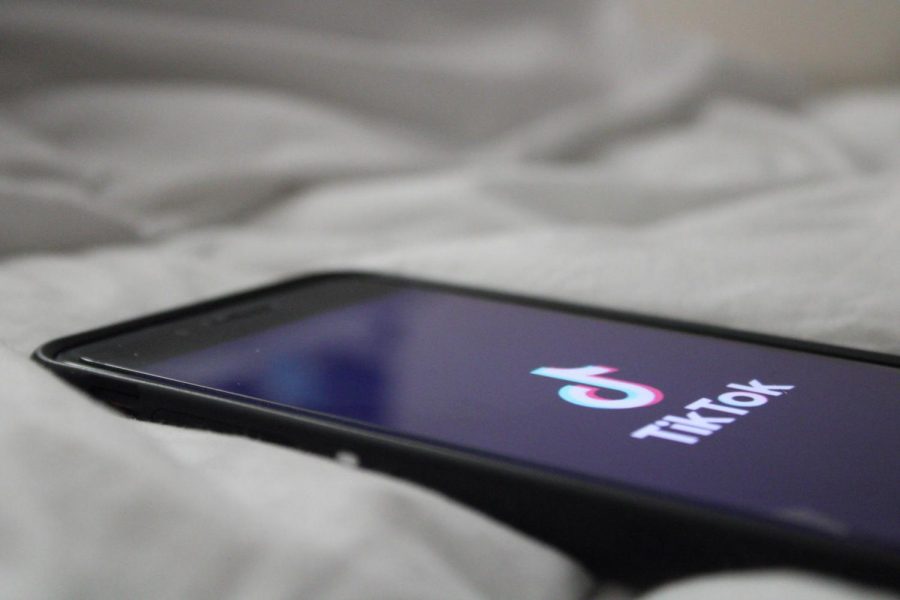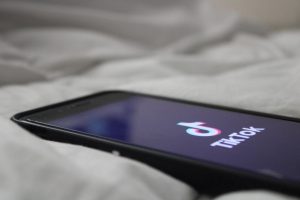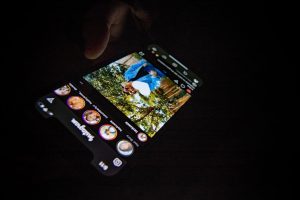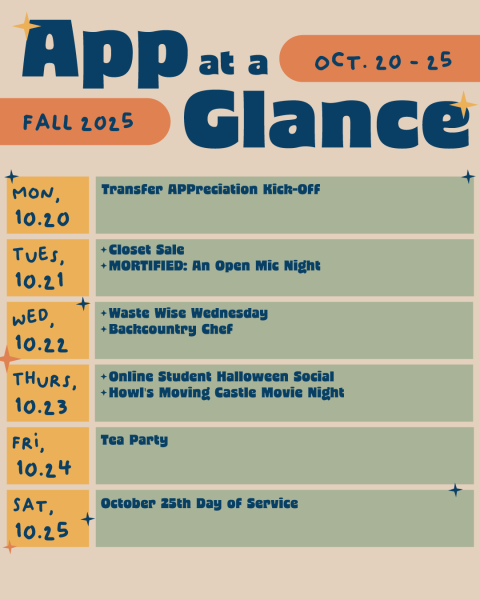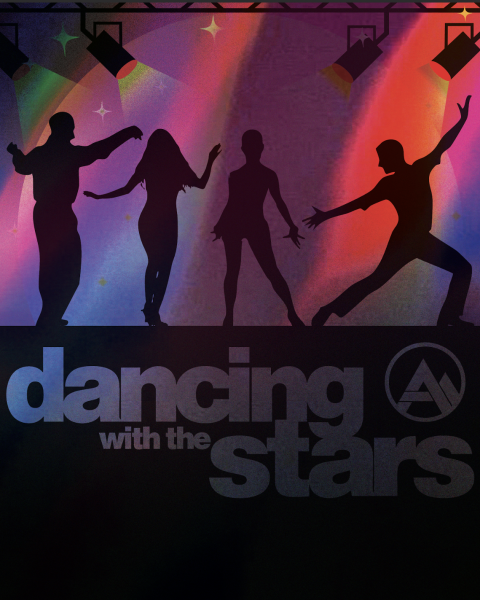Boone users respond to potential TikTok ban
October 5, 2020
Life hacks, celebrity edits, recipes and jokes have all found a place on the popular video-sharing app that has led many to long hours of scrolling.
With almost 50 million Americans on TikTok in the U.S. alone, the Chinese-owned app has gained popularity among people of all ages. Now, with a nationwide debate over the app’s fate, and President Donald Trump’s attempt to ban it, App State and Boone users are considering the possibility of a world without TikTok.
To senior Heather Hatcher, TikTok has become a resource, as well as a way to stay entertained.
“I like TikTok because it’s kind of like an escape. You always scroll on your phone, and you think ‘oh, maybe I’ll spend some money, or maybe I’ll do this,’ but TikTok, it kind of gives you tips,” Hatcher said. “You get enjoyment out of it, and I always get good recipes off there because I’m a foodie, so I’m really into the tips and tricks on there.”
Despite its popularity, fears over privacy and the app’s access to American users’ data pushed U.S. government officials to investigate its national security risks.
The Trump administration set a deadline for TikTok’s parent company ByteDance to either sell the part of the app that Americans use to an American company or face a ban in the U.S.
On Sunday, a federal judge granted TikTok a preliminary injunction against the Trump administration’s ban, allowing users to continue downloading the app past the date the app was supposed to be restricted in app stores.
Users like Hatcher are also weighing privacy concerns against entertainment.
“I feel like every app you use, everything you have, is going to take some part of your information, you just got to feel either really strongly about ‘hey, I don’t want to do this,’ or just do it,” Hatcher said.
Others, like freshman Noah Franklin, believe “there are bigger problems in the world than trying to minimize the use of an app,” but said he is not concerned about losing access to TikTok.
“If they are taking precautions about (TikTok), then that’s better than not doing anything,” Franklin said. “I don’t see a reason to ban something, but I understand if it needs to happen.”
With concerns about American user data overseas also comes concerns with user data at home.
According to communication law professor Kathryn Montalbano, who studied government surveillance, any social media app user should be wary of the data that their apps are collecting.
“It obscures that fact that Silicon Valley is doing just as much damage to privacy and to user data if not worse than TikTok,” Montalbano said, “So, I think TikTok is kind of irrelevant if we think about this larger issue about how social media should be maybe reconceptualized or maybe there should be more of a global framework to think about regulating in which privacy is not protected.”
Similarly, Hatcher believes that no matter who owns the app, data collecting will be the same.
“I think that Chinese-owned or really anything owned, it’s going to be the same platform,” Hatcher said. “They’re still going to gather what they do now and it’s so popular and so big that, I mean, it appeals to a lot of people, so I feel like there’s no need to really have a preference on who it’s owned by.”
Franklin said it’s ultimately up to individual users to use the app or decide to stay off of it.
“I feel like if you’re concerned about it, you wouldn’t be using the app to begin with, so you kind of have to take it with a grain of salt,” Franklin said.

